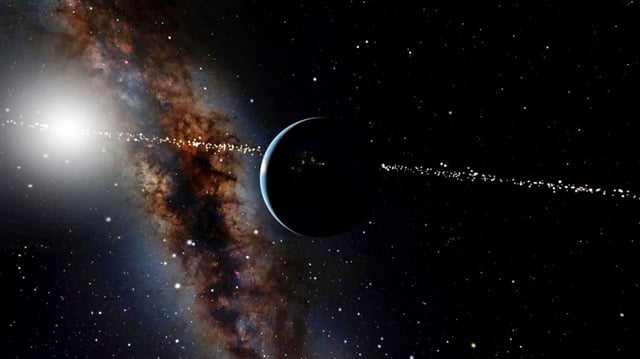Overview
- July 9’s rotation was confirmed to complete roughly 1.30 milliseconds ahead of the 24-hour standard, making it one of the shortest days on record.
- Similar brief days are forecast for July 22 and August 5, with reductions of between 1.30 and 1.51 milliseconds predicted.
- Since 2020, atomic-clock measurements show a persistent acceleration in Earth’s spin, peaking at a 1.66-millisecond reduction on July 5, 2024.
- The International Earth Rotation and Reference Systems Service is evaluating whether to introduce an unprecedented negative leap second to keep civil time aligned with planetary rotation.
- Researchers are investigating factors such as core dynamics, oceanic and atmospheric shifts and lunar gravitational effects and some experts project the trend will reverse in coming years.



